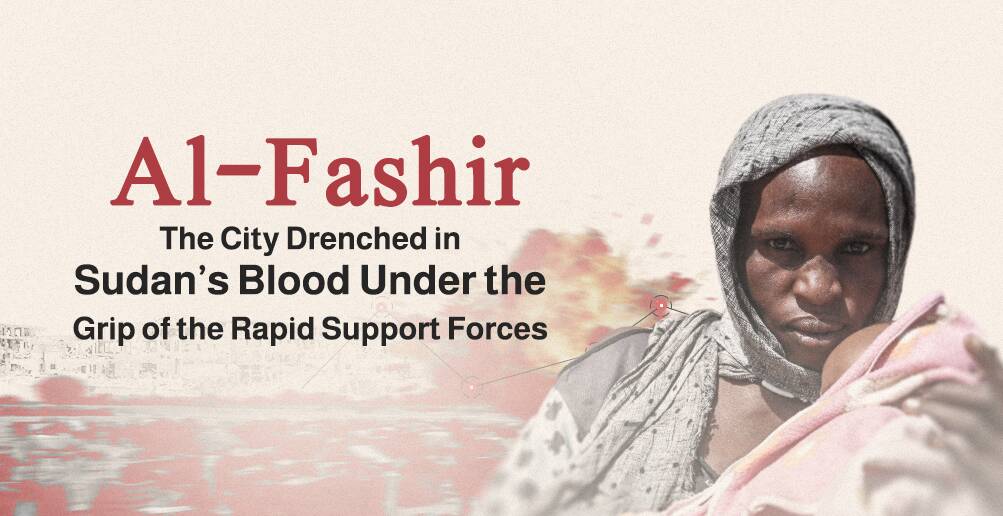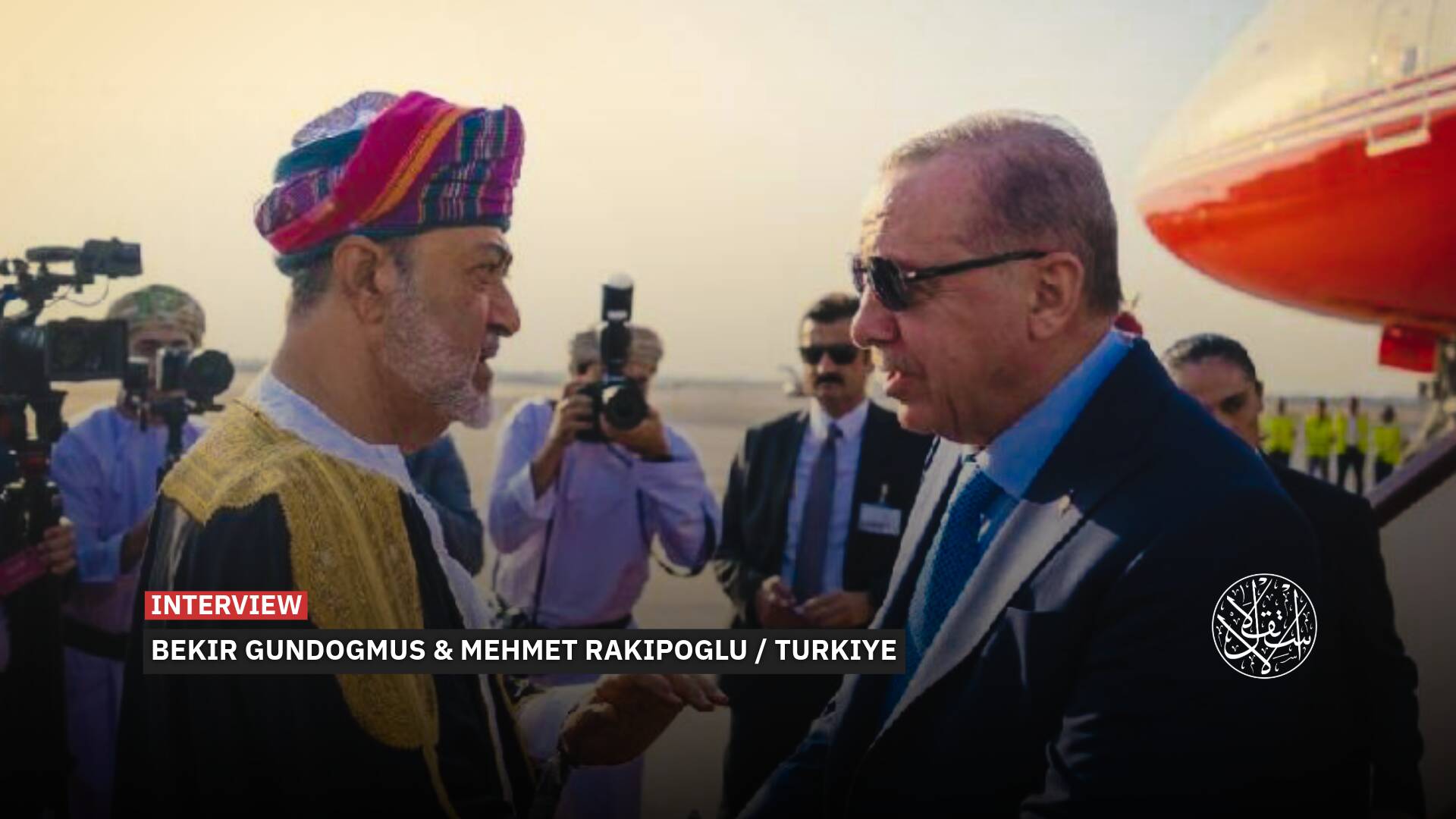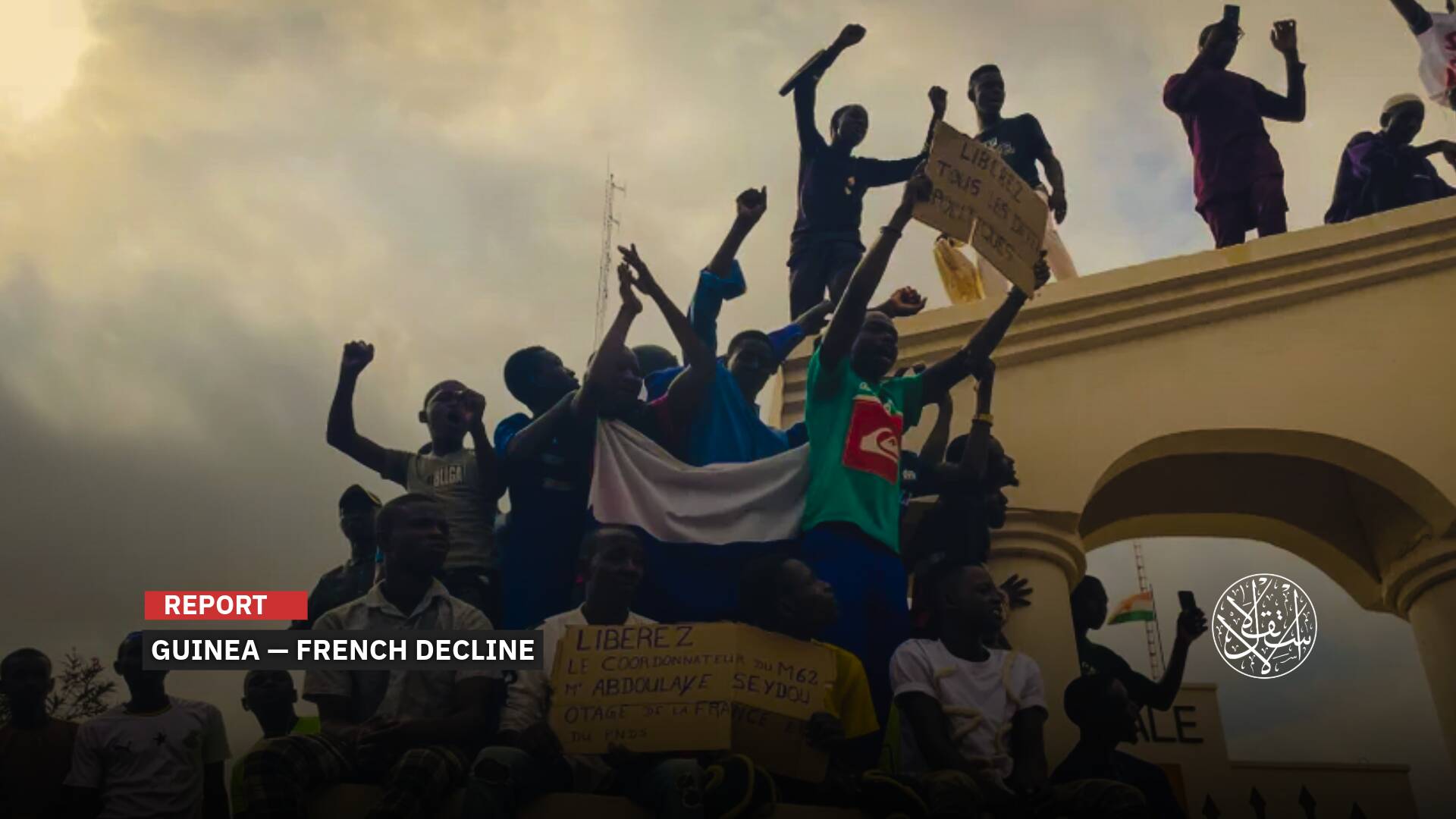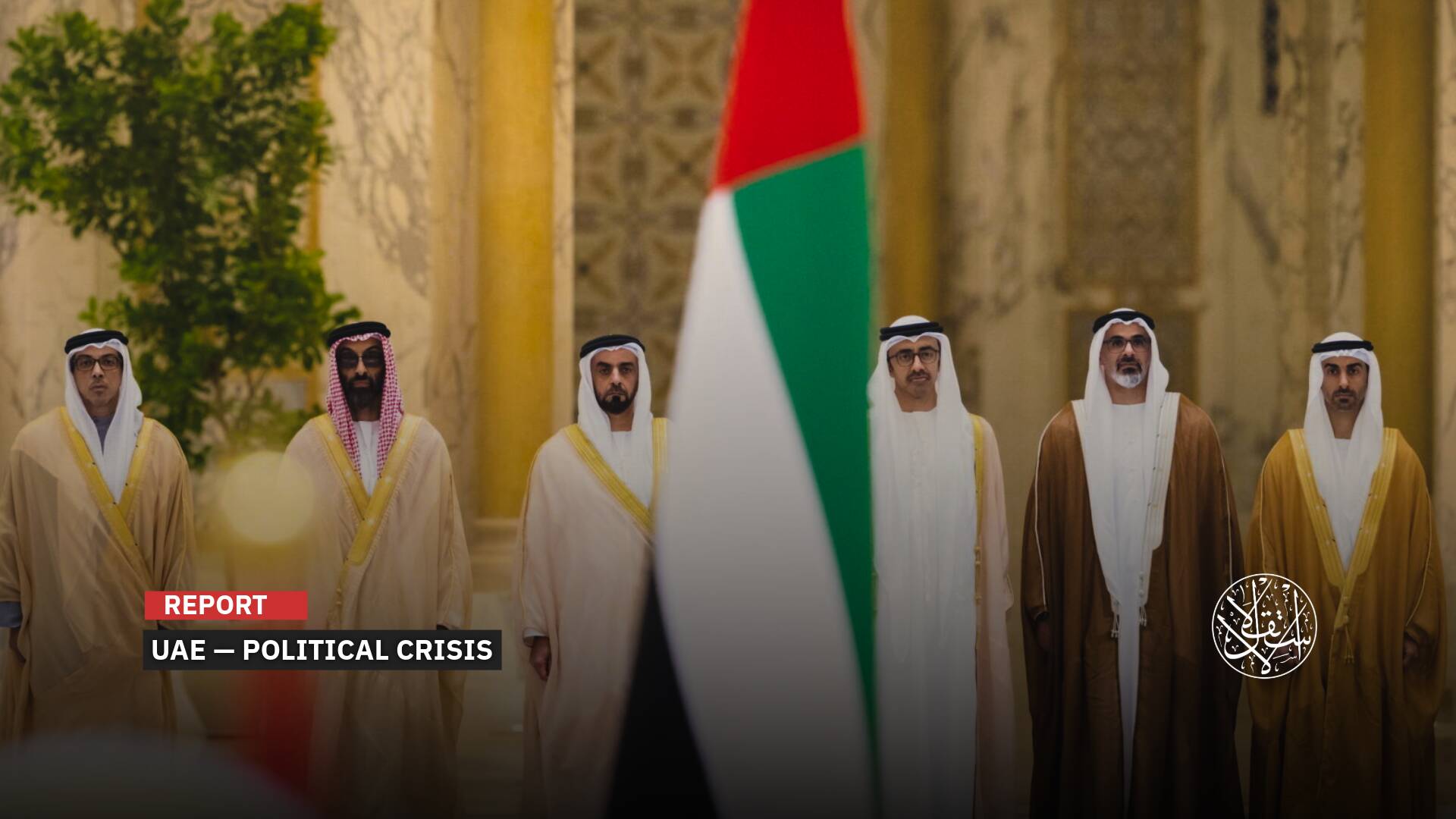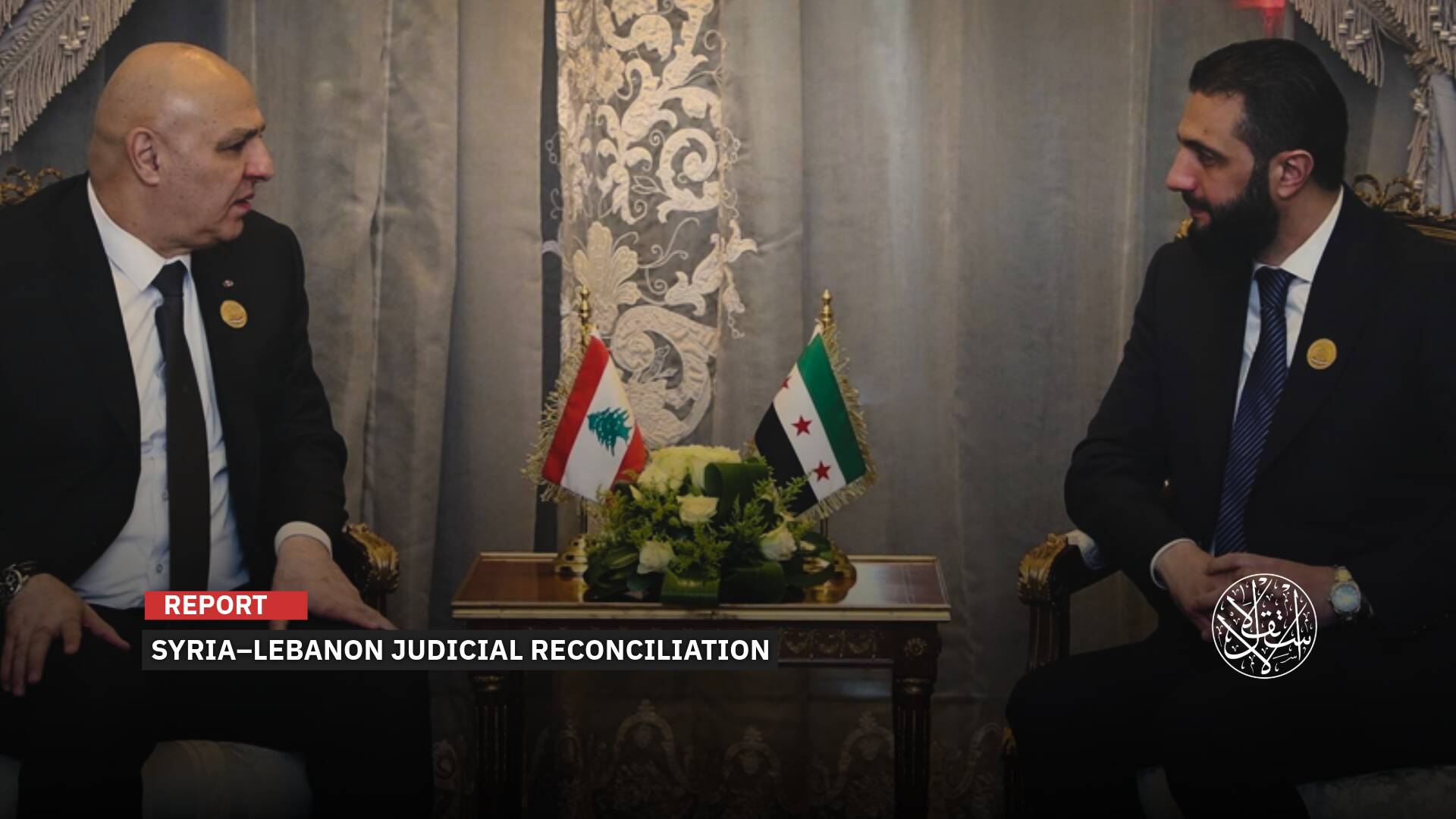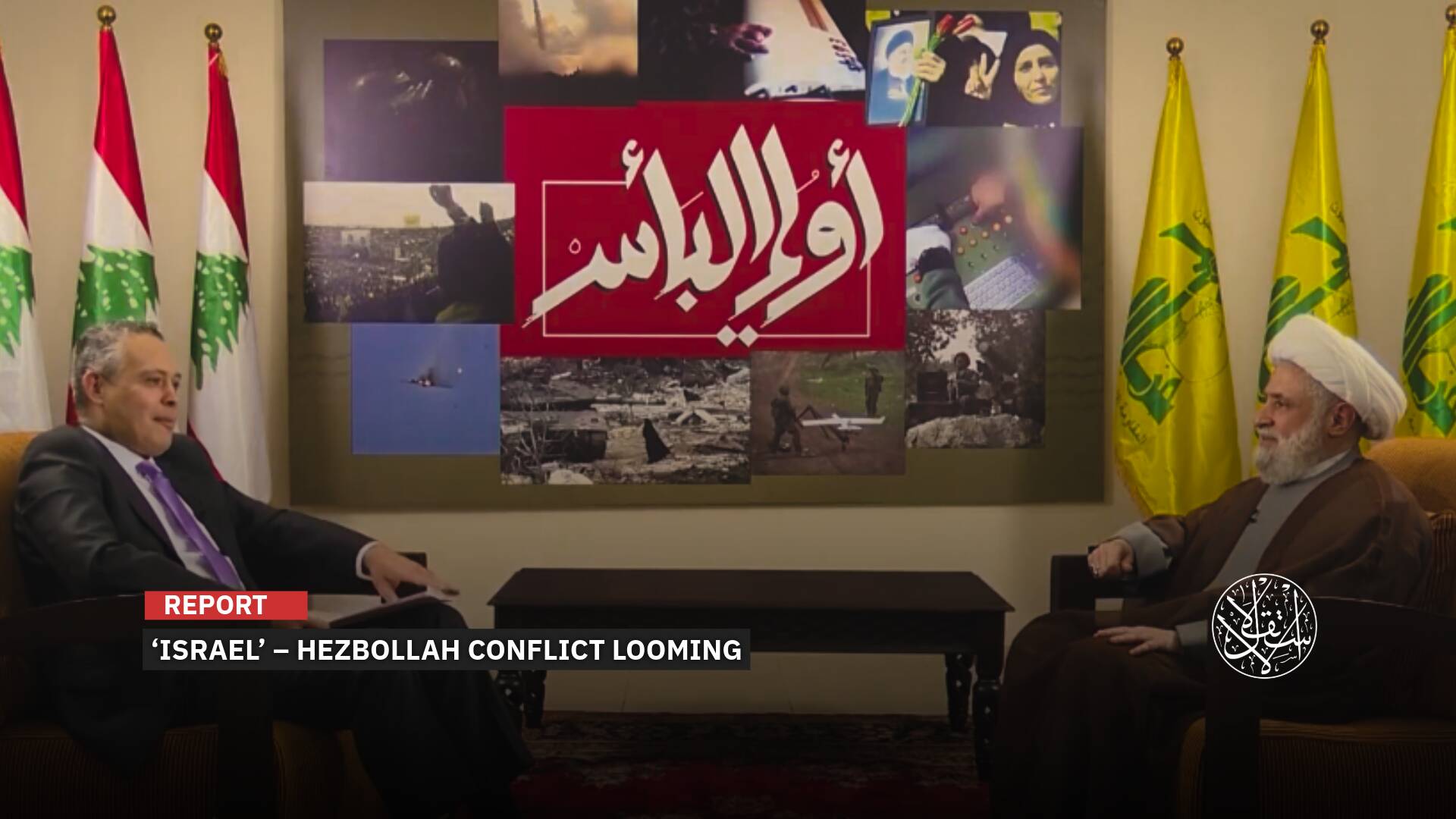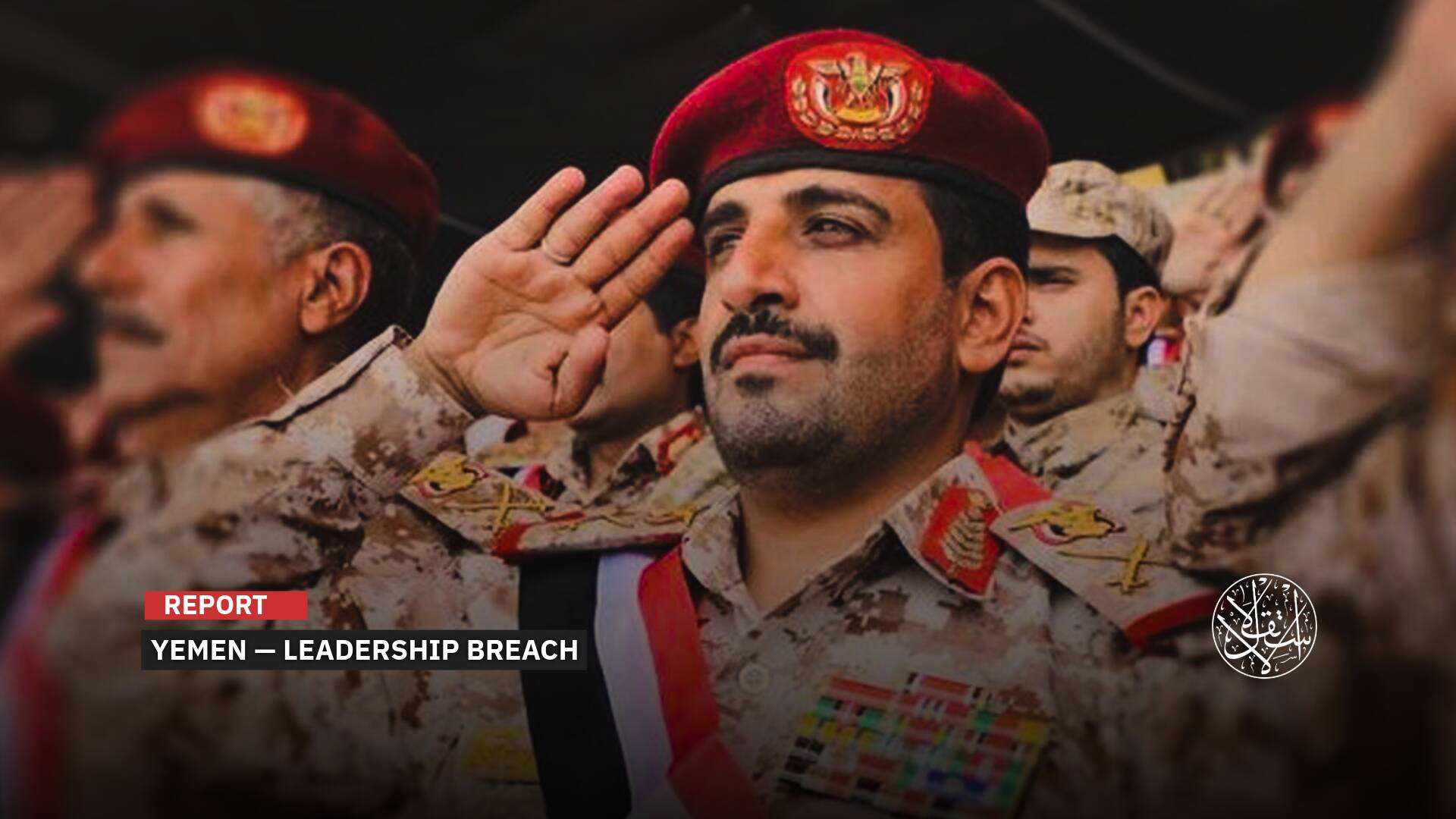The Race to Extend Influence Over the Mediterranean Amid the Huge Discoveries of Energy Resources

The Mediterranean is one of the most important strategic areas in the world, and it is considered in many international relations theories as the heart of the world. Given the importance of this sea historically, geographically and strategically, the race to extend influence in the region intensified, especially with the huge discoveries of energy resources.
This competition does not concern only the riparian countries on the Mediterranean Sea, but even the great powers consider it a major place for their bases, training, military maneuvers, and influence. The region also encounters an exacerbating race to control the Mediterranean in order to secure a number of privileges. Each country sets ambitious political and military projects to protect its economic interests and national security, to be able to play a prominent role in formulating the policy of the Mediterranean region, given that armaments projects in the Mediterranean are an important mechanism for imposing the foreign policy of these countries in the Mediterranean region.
This situation has led to a conflict between the various rising trends of the naval forces in the Mediterranean basin, especially with the large number of players involved in it locally, regionally, and internationally, and a massive imbalance of power between the parties involved in the conflict.

The Strategic Importance of the Mediterranean Sea
The Mediterranean Sea is considered the cradle of civilizations, an area for civilizational interaction through the centuries, and a window that overlooks it. Relations between nations and peoples continue on three continents, where it is located in West Asia, North Africa, and Southern Europe. This is why it is called the Mediterranean Sea because it is located between the three continents and in the middle of the globe, which made it the center of a strategic movement in dealing with the rest of the world. This sea covers an area of about 2.5 million km2, and its coasts extend over 46,000 km, and it is made up of 25 countries. And its geography contains more than 3,300 islands.
The Mediterranean Sea is of great strategic importance as it is a transit area for global maritime trade, and a center full of natural resources, such as oil and gas, as well as phosphates, iron, and fisheries, as it contains 7.5% of marine animal wealth and 18% of marine plant wealth in the world.
The Energy Resources of the Mediterranean
The report of the U.S. Geological Survey along with the declaration of companies engaged in gas exploration in the Mediterranean indicated that only the eastern Mediterranean region floats on a lake of gas estimated at 122 trillion cubic feet of natural gas, and 107 billion barrels of recoverable oil reserves.
In addition to the geopolitical importance of the region in which it surrounds it, which is the Middle East, which contains about 47% of oil reserves and 41% of gas reserves in the world. This made the Mediterranean Sea a major transit for ships carrying oil and gas pipelines to Western European countries and the United States of America. It is also characterized by an intense transit movement especially for energy products, where approximately 24 percent of the cargo tonnage is energy products. This made the Mediterranean the fastest and easiest crossing for oil and gas carriers and passenger transport and led it to become the most important trade passage in the world.
Many international exploration operations are managed by international oil companies, most notably the Italian Eni company in Egypt and Cyprus, the French Total in Cyprus, the American Noble Energy in Israel, and the Russian Novatech in Lebanon. Thus, the successive energy discoveries in the Mediterranean Sea would increase political influence in the region and may fluctuate the balance of power.

Power Struggle on the Mediterranean
This geo-strategic importance has made the Mediterranean Sea the focus of the ambitions of the powers of the region and major international powers through international competition, in order to benefit from the advantages offered by the Mediterranean space. This is what prompted the countries of the region, in addition to the major powers that are located outside the Mediterranean, such as Russia and the United States, to try to extend their influence over the wealth of this region
Many Mediterranean countries and others are betting on this sea to control the region, by establishing military bases, conducting joint and non-joint military maneuvers and exercises, as well as racing towards armaments in the region to have access to the region’s rich resources.
The importance of the Mediterranean does not affect the countries bordering it only, because the great powers consider it a major place for their bases on the one hand, and on the other hand a major way to move their forces from these bases and transfer them to areas of conflict and tension when needed.

Regional Actors Involved in the Mediterranean Conflict
A group of Mediterranean countries are competing to share the areas of wealth discovered in the sea. For example, Turkey, which today imports 60 percent of its energy needs, is striving to confront the attempt to deprive it of exploiting the energy explored in the Mediterranean, to meet its energy needs and liberate it from the threats arising from its dependence on Russia, its strong regional rival.
The American gradual withdrawal—or repositioning—from the Mediterranean region as the dominant power has led to a power struggle filled by Russia and other actors such as Turkey, France, Italy, and Israel.
Israel is also at the fore in a regional alliance that includes Egypt and Greece, which intends to stand in the way of the Turkish military presence in the Mediterranean, and to prevent Turkey from benefiting from economic interests in the region.
The European Union, in turn, seeks to transport natural gas from the Mediterranean to Europe via Greece. because this project, with its strategic dimension, will constitute an important and inflectional change in the region, as Europe and the United States of America seek to prevent Russian expansion in the region, so it is expected that the extension of gas will contribute For Europe across the Mediterranean to reduce European dependence on Russian gas, as Russia controls half of the gas that enters Europe, and this will diminish its political power.
International Actors U.S. and Russia
For its part, the United States of America intends to secure its vital interests that must be defended in the Mediterranean region through the Atlantic Alliance, through the implementation of permanent monitoring operations of the Mediterranean basin, as well as strengthening the offensive capabilities in the countries bordering this sea through the establishment of a network of military bases in its waters.
As for the Russian military influence, it is concentrated in the Mediterranean Sea and remarkably in Syria, through the military bases in the ports of Tartus and Latakia. Through these ports, Russia was able to find an opportunity to be present in the Mediterranean effectively, and it became one of the most important players in the region. This means that Russia depends on its presence in the Mediterranean on Syria to achieve its interests, and it also has distinguished relations with many Mediterranean countries such as Algeria and Libya.
Accordingly, it is clear that the various powers are trying to be present in the Mediterranean and seek to adopt solid strategies that will enable them to deal and adapt to the growing challenges in the region.



